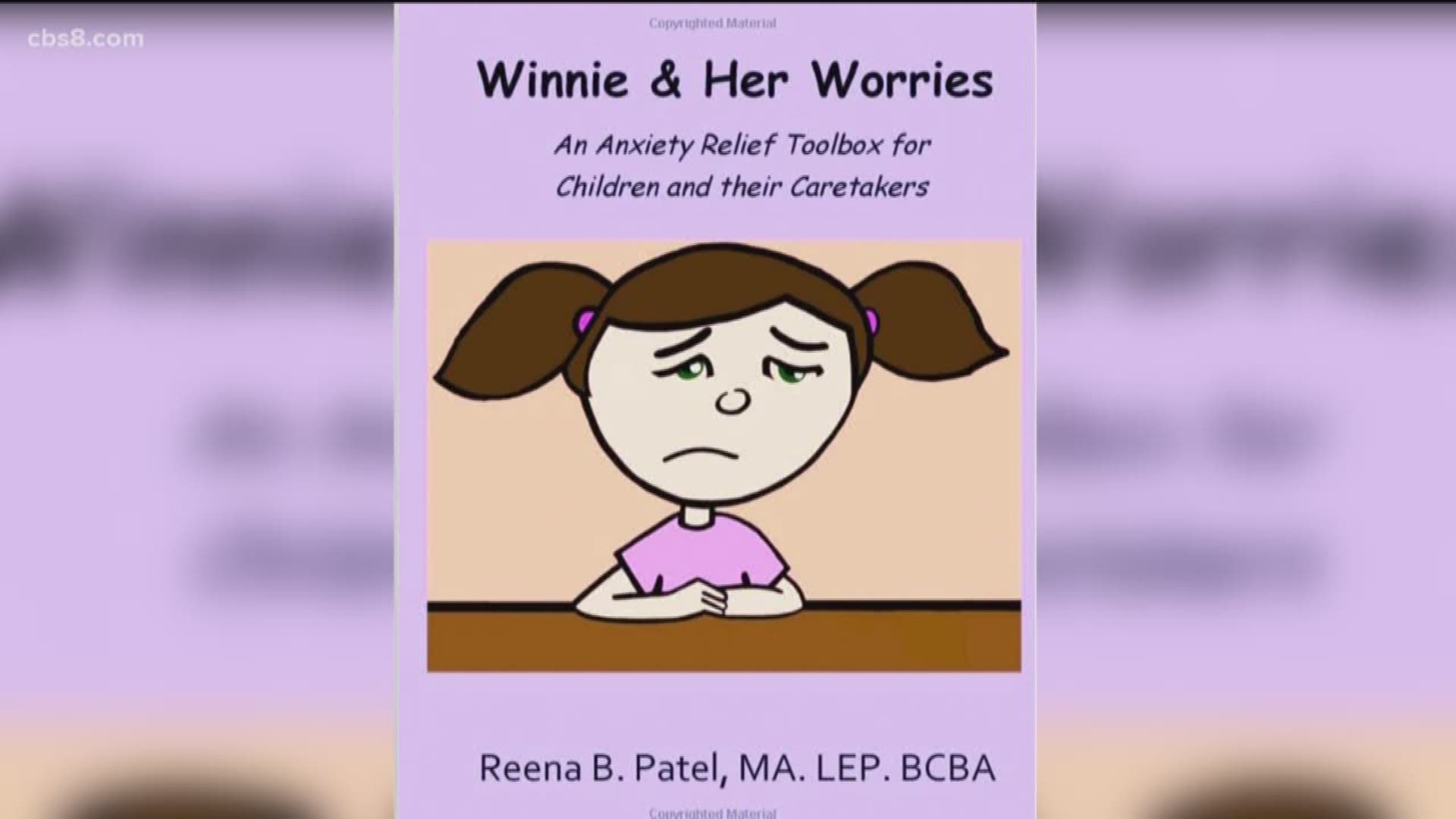SAN DIEGO — The divorce rate in the United States is a staggering 50 percent and often times the ones that are harmed the most are the children going through it with the parents.
In a study published in the journal called The Linacre Quarterly, researchers shared their findings of reviewing three decades worth of research regarding the impact of divorce on the health of children. Their research found that divorce has been shown to diminish a child’s future competence in all areas of life, including family relationships, education, emotional well-being, and future earning power. Parents can help to counter the negative impact that divorce has on the children by focusing on effective co-parenting that will help ensure their success throughout life.
Licensed educational psychologist and author Reena Patel gives these tips that can help with co-parenting success.
- Commit to making co-parenting an open dialogue with your ex. Arrange to do this through email, texting, voicemail, letters, or face-to-face conversations. In the beginning, it may be hard to have a civil dialogue with your ex. There are even websites where you can upload schedules, share information and communicate so you and your ex don't have to directly touch base.
- The key is consistency. Rules don’t have to be exactly the same between the two households, but you and your ex should establish generally consistent guidelines. They should be mutually agreed upon for both households. For example, meal time, bed time, and completing homework need to consistent. This helps create a sense of belonging and creates a sense of security and predictability for children. Discuss and come to an agreement about each of these issues.
- Don’t give in to guilt and try and outdo your ex by gifting you child with things, instead agree on discipline. This includes things like behavioral guidelines, rewards, and consequences, so there is consistency in their lives, regardless of which parent they're with at any given time. Research shows that children in homes with a unified parenting approach have greater well-being.
- Keep in mind that children will frequently test boundaries and rules, especially if there's a chance to get something they may not ordinarily be able to obtain. This is why a united front in co-parenting is recommended.
- Be flexible and update often. If there are changes at home, in your life, it is important that your child is never the primary source of information.
- Speak in positive language about your ex. Remember, often times, the marriage is what was the issue, not the parenting style. Each of you has valuable strengths as a parent. Remember to recognize the different traits you and your ex have - and reinforce this awareness with your children.
- Children exposed to conflict between co-parents are more likely to develop issues such as depression, anxiety, or ADHD. Keeping this in mind, strive to keep conflict around them to a minimal or none at all.
- Keep the conversations child-focused. This will leave out problems that you and your ex have with each other. The focus now needs to be on the children.
Patel wrote a book that expertly provides parents, teachers and children with concrete and proper tools necessary to help kids understand and control the worries they possess. Purchase the book here.

